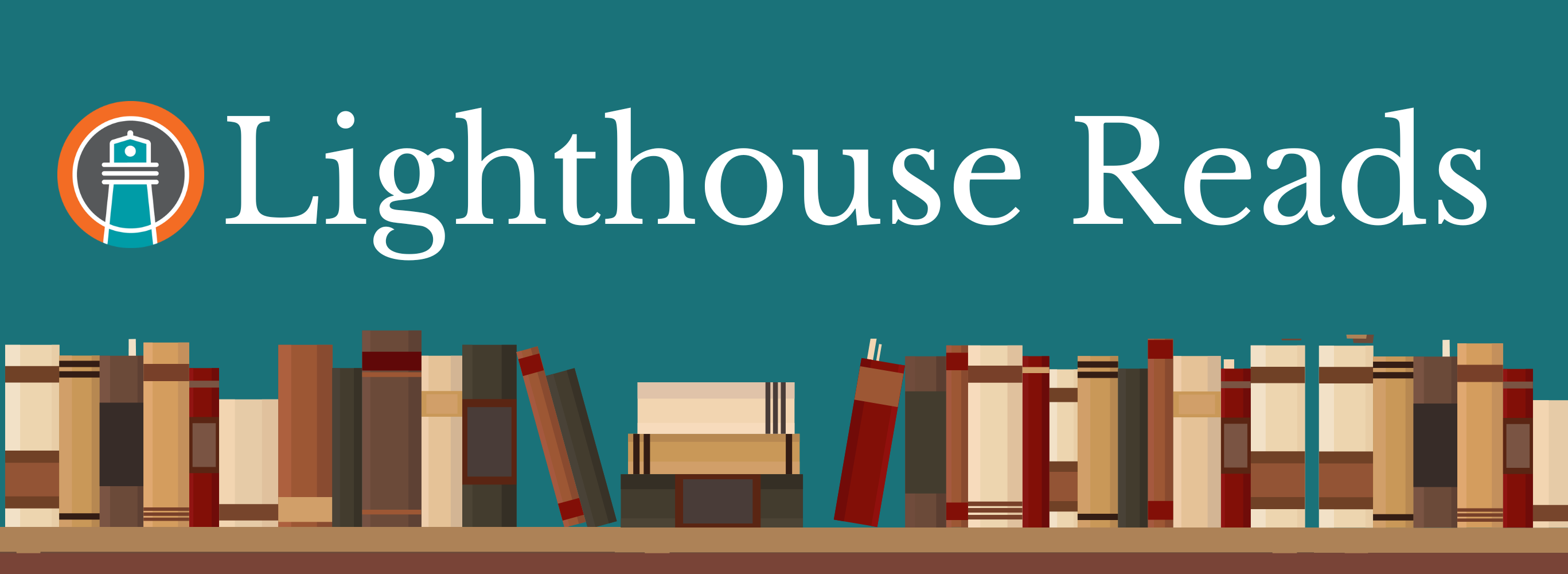
Editor's Note: We'll periodically bring readers a round-up of books recommended by Lighthouse staff.
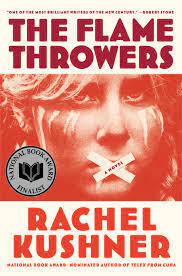 The Flamethrowers by Rachel Kushner
The Flamethrowers by Rachel Kushner
Though belated, I recently finished The Flamethrowers and found it thoroughly captivating. Rachel Kushner exhibits a masterful command of storytelling, skillfully intertwining the art world of the '70s, New York, Nevada, Italy, political activism, counter-culture, and more. The narrative left me dreaming of being in my early twenties, brimming with rebellion, traversing through the mauve-colored desert. - Jonna Ashley, Development Manager
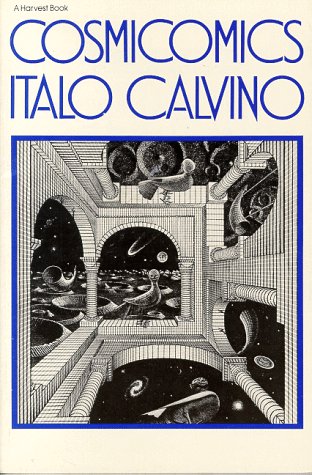
Cosmicomics by Italo Calvino
I’ve been re-reading Italo Calvino’s Cosmicomics, a collection of short stories in which Calvino takes a “fact” about the universe and spins it into multiple tales. He creates characters out of mathematical formulae and simple cellular structures and then disports them amongst our galaxies as they experience the solidification of planets and play amongst atoms. After each re-read, I fall more in love with “The Distance of the Moon.” On the surface, it’s a story about a time when the Moon was closer to the Earth, but even more so, a philosophical view of unrequited love as the moon mirrors lovers drifting apart by also receding further into the cosmos. After you’re done reading it, you’ll never think of “the man on the moon”, or rather “the woman in the moon” the same way again. - Alexa Culshaw, Marketing & Communications Manager
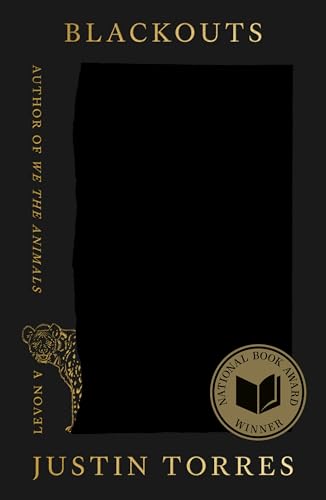 Blackouts by Justin Torres
Blackouts by Justin Torres
I’m not all the way through this innovative tour de force from Torres, previous Lit Fest guest, and author of the beloved We the Animals. I adored his first book and have patiently awaited this new one, which couldn’t be more different from Animals, but further proves out his natural ability to capture and maintain rhythms in his writing, something subtle and unconscious that makes the storytelling extra propulsive. It takes a while to gain your bearings in the book, which spans multiple storylines, time periods, and even storytelling methods, but keeps you close through the narrator (“nene”) and Juan, the convalescing man nene is visiting in a mysterious and run-down institution called The Palace. Through their conversations, memories, and interrogations, we begin to uncover a series of tales that collectively show us how subjective all of our realities actually are. - Andrea Dupree, Program Director/Co-Founder
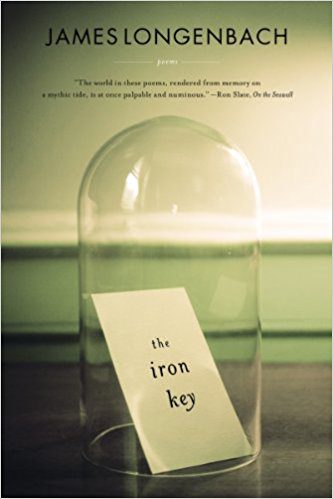 The Iron Key by James Longenbach and Such Kindness by Andre Dubus III
The Iron Key by James Longenbach and Such Kindness by Andre Dubus III
I reread a favorite poetry book by one of my undergrad teachers at the University of Rochester, James Longenbach’s The Iron Key. He was one of those professors whose intensity sometimes frightened students but also inspired us, too. Just a beautiful, elegiac, dreamy book. Fictionwise, I absolutely loved Andre Dubus III’s novel, Such Kindness. You know how some books somehow appear at just the right time in your life? Such Kindness was like that. It’s deceiving in the way that it seems like a simple story, and yet it does what Andre is so good at: it teaches you how to be a caring, present human in a world that often doesn’t seem to notice or care, and yet, as the main character survives one day after another, small kindnesses come to him, and by extension, to the reader as well. I was sad when it ended, wanting to stay in the world Andre conjured up. - Michael Henry, Executive Director/Co-Founder
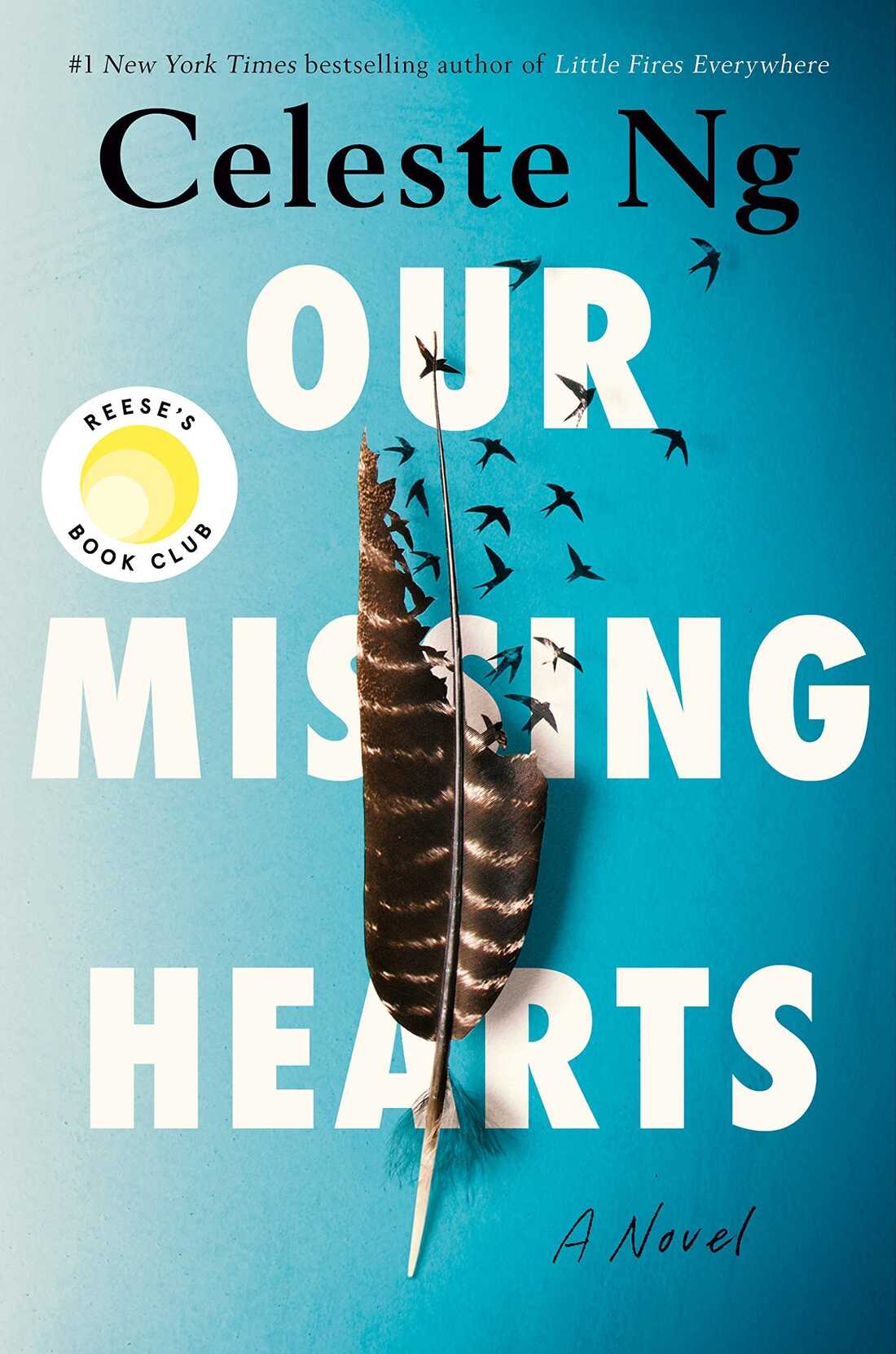 Our Missing Hearts by Celeste Ng
Our Missing Hearts by Celeste Ng
I went into this book knowing very little other than I’ve enjoyed Ng’s other works, and was absolutely blown away by it. Ng crafts an incredibly relevant, terrifying vision of the future, where laws preserving “American culture” have been used to target anyone–especially Asian people–who dares to deviate from the norm. On the surface, it’s the story of a young boy searching for his mother, but it goes so much deeper than that. It’s folktales and rebel librarians and art as an agent for change, so, really, it’s everything important. It’s heartbreaking, haunting, and just hopeful enough. - Jordyn Jefferson, Director of Development
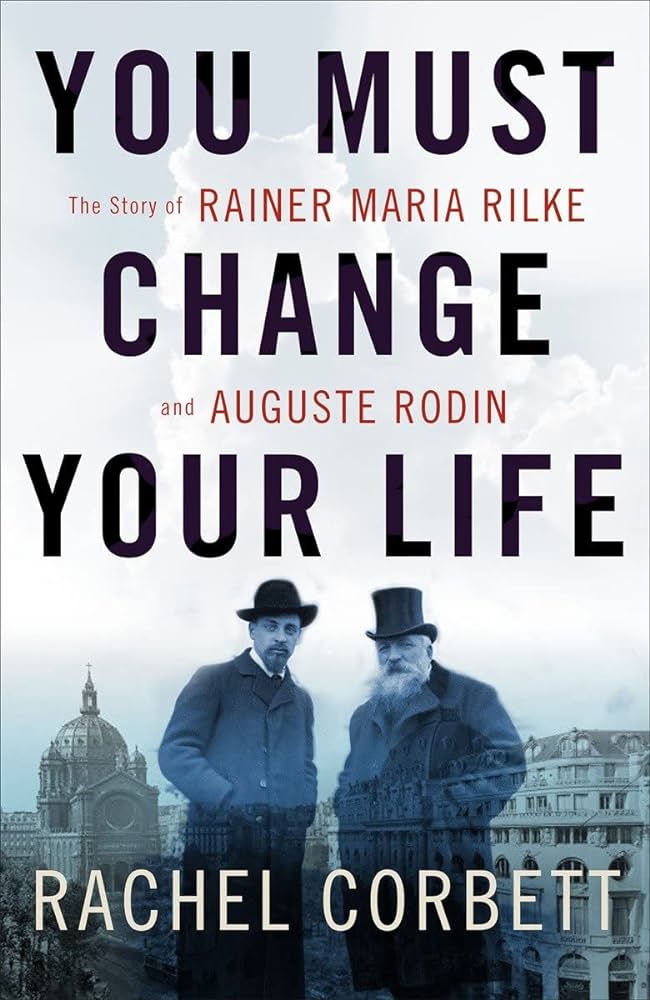 You Must Change Your Life: The Story of Rainer Maria Rilke and Auguste Rodin by Rachel Corbett
You Must Change Your Life: The Story of Rainer Maria Rilke and Auguste Rodin by Rachel Corbett
Rachel Corbett writes an entertaining tour of the lives and friendships of the Austrian poet Rainer Maria Rilke and eminent French sculptor Auguste Rodin. The stars of the book: fin de siècle Paris, artistic commitment, and the talented women facing more constraints on their unreasonability than the men they worked alongside, with, and against. The book had me looking up scores of artists new to me, re-reading Rilke and yearning to mingle with Rodin’s sculptures, relishing how Ugly and Beautiful and Ridiculous artistic commitment can be, and lamenting one small thing: when will all the 21st-century billionaires start underwriting our stays in castles to write? - Torin Jensen, Special Programs and Content Manager
 Monsters: A Fan’s Dilemma by Claire Dederer
Monsters: A Fan’s Dilemma by Claire Dederer
I love how, when reading truly great prose, I start thinking in the writer’s voice- both smarter and more lyric than I actually am. I don’t get this pleasurable sensation often, so when it happened while reading Claire Dederer’s Monsters: A Fan’s Dilemma this year I felt really lucky. About what we should do with the art of monstrous people, Dederer takes a nuanced and brave approach: her first chapter is about Roman Polanski and how much she loves Rosemary’s Baby, so, you know, not a softball. Her analysis is deeply personal (it’s easier for her to dismiss Woody Allen than Polanski because she thinks Polanski’s films are better) and ranges wildly from “bad moms” to men who’ve (likely) murdered their wives. While encouraging us to examine our own monstrosity, she doesn’t excuse people like Michael Jackson or Miles Davis. This is probably what I liked most. Dedered engages deeply with the very real damage done to very real people, but she’s also not able to dismiss the very profound, often singular, connection we can have with a piece of art. Special mentions also go to Translating the Lilies Back into Lists by Laynie Browne and Alive at the End of the World by Saeed Jones. - Genna Kohlhardt, Assistant Director of Adult Programs
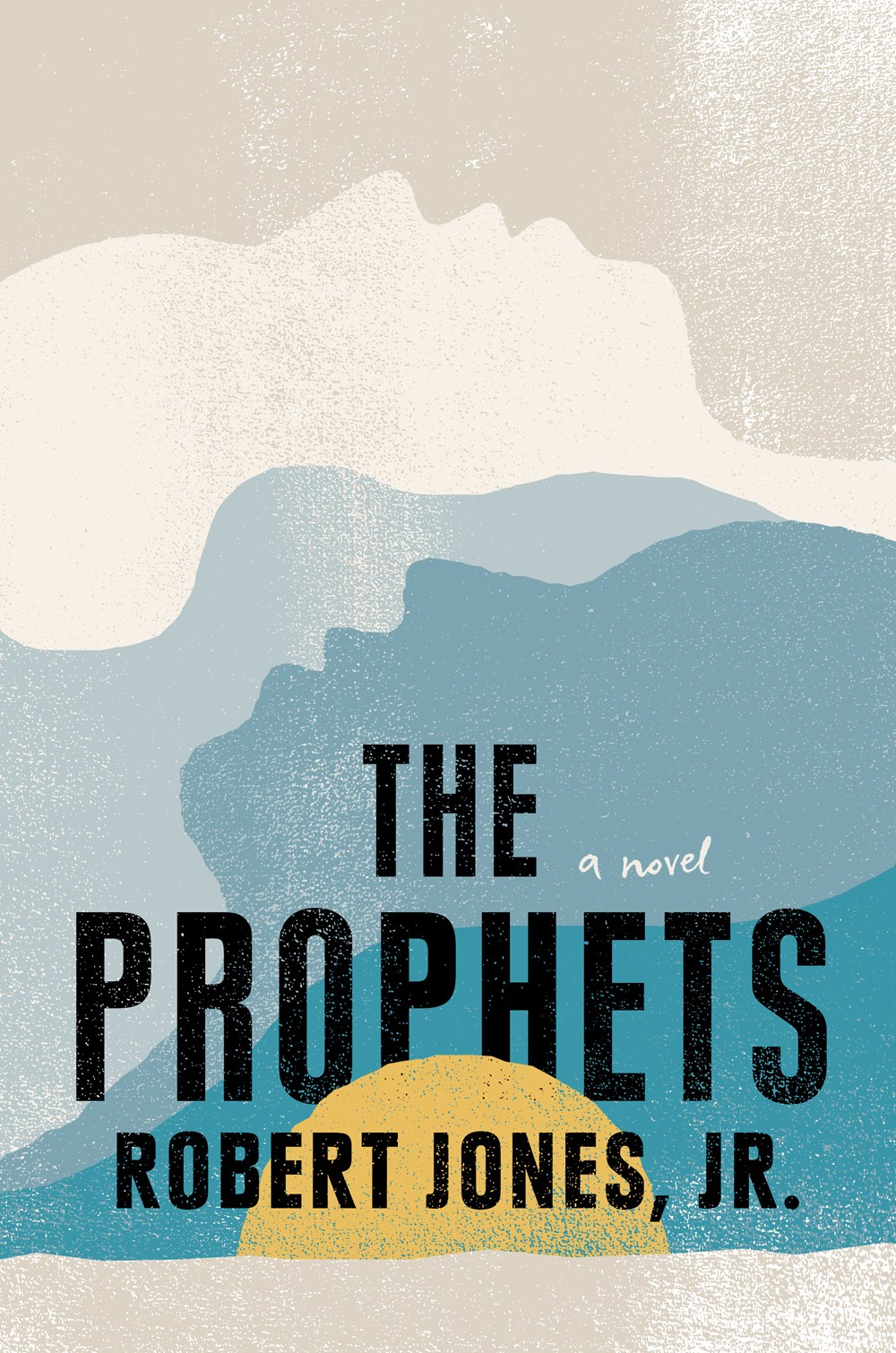 The Prophets by Robert Jones Jr.
The Prophets by Robert Jones Jr.
I absolutely loved everything about The Prophets. Jones did an amazing job of creating a piece of historical fiction that portrays queerness, femininity, racial identity, and the experiences of enslaved peoples in a tragically beautiful way. It took me two tries to get into the book because the first time I read it, I was confused and overwhelmed by his writing style. On try two though, I finally understood what he was trying to do and fell in love with the very poetic/lyrical style and voice. Each character had so much depth, and I can’t wait to think more about the complexity of each of their stories. I highly recommend this book! It has heartbreaking moments, but it’s worth the read. I hope it can one day become part of the larger literary canon because it gives a voice to those whose stories often go untold throughout history. - Marissa Morrow, Community Engagement Program Manager

